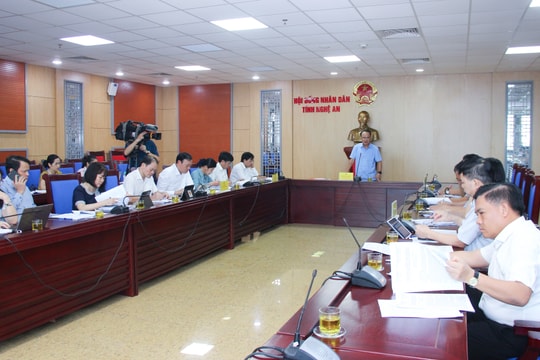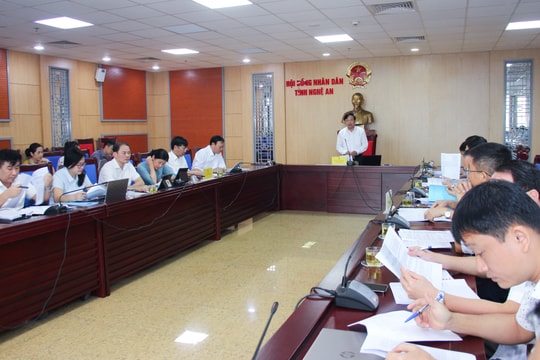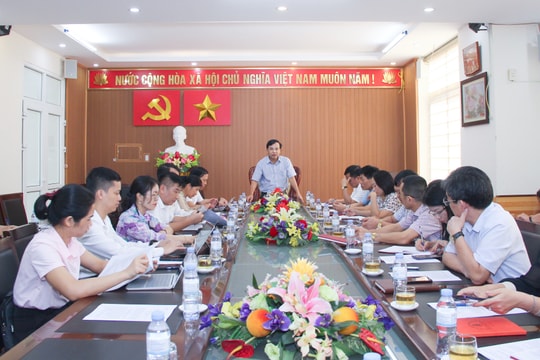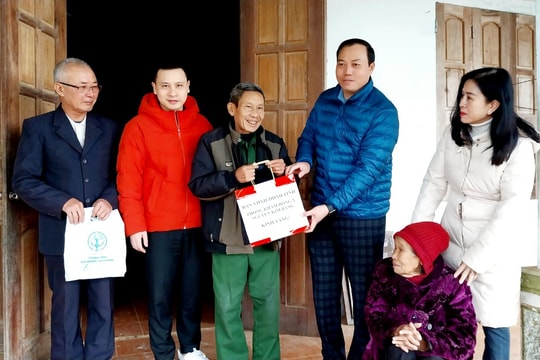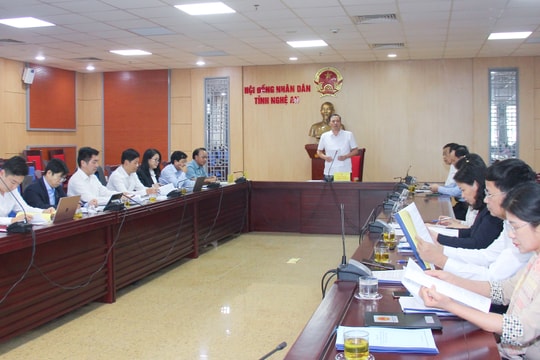More drastic solutions are needed to successfully implement socio-cultural targets.
Currently, Nghe An has a number of cultural and social targets for the 2021 - 2025 period that are forecast to be difficult to achieve; requiring all levels and sectors to have drastic solutions to implement.
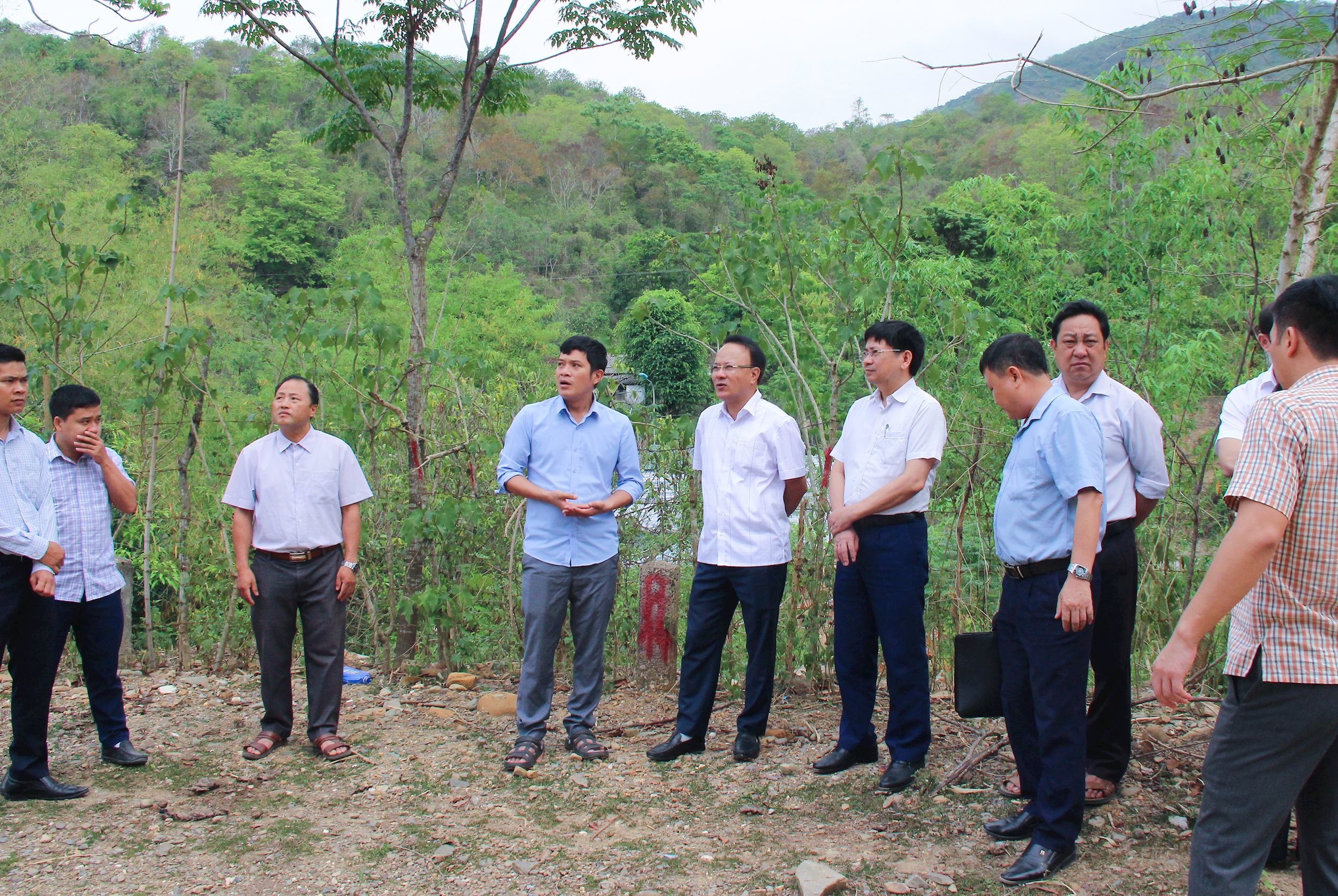
Difficult to achieve some targets and tasks
Ky Son is one of the 74 poorest districts in the country along with 3 districts of Que Phong, Tuong Duong, and Quy Chau in the province according to Decision No. 353, dated March 15, 2022 of the Prime Minister.
Poverty and difficulties in Ky Son district, besides the low starting point, have many factors both natural and social. This affects the implementation of socio-economic indicators for the entire period of 2021 - 2025, including some cultural and social indicators.
For example, the target of building schools meeting national standards is only 17/plan of 30 schools; communes and towns meeting national standards on health care is 15/plan of 17-18 communes; communes and towns with cultural and sports facilities meeting national standards is 8/plan of 21 communes...
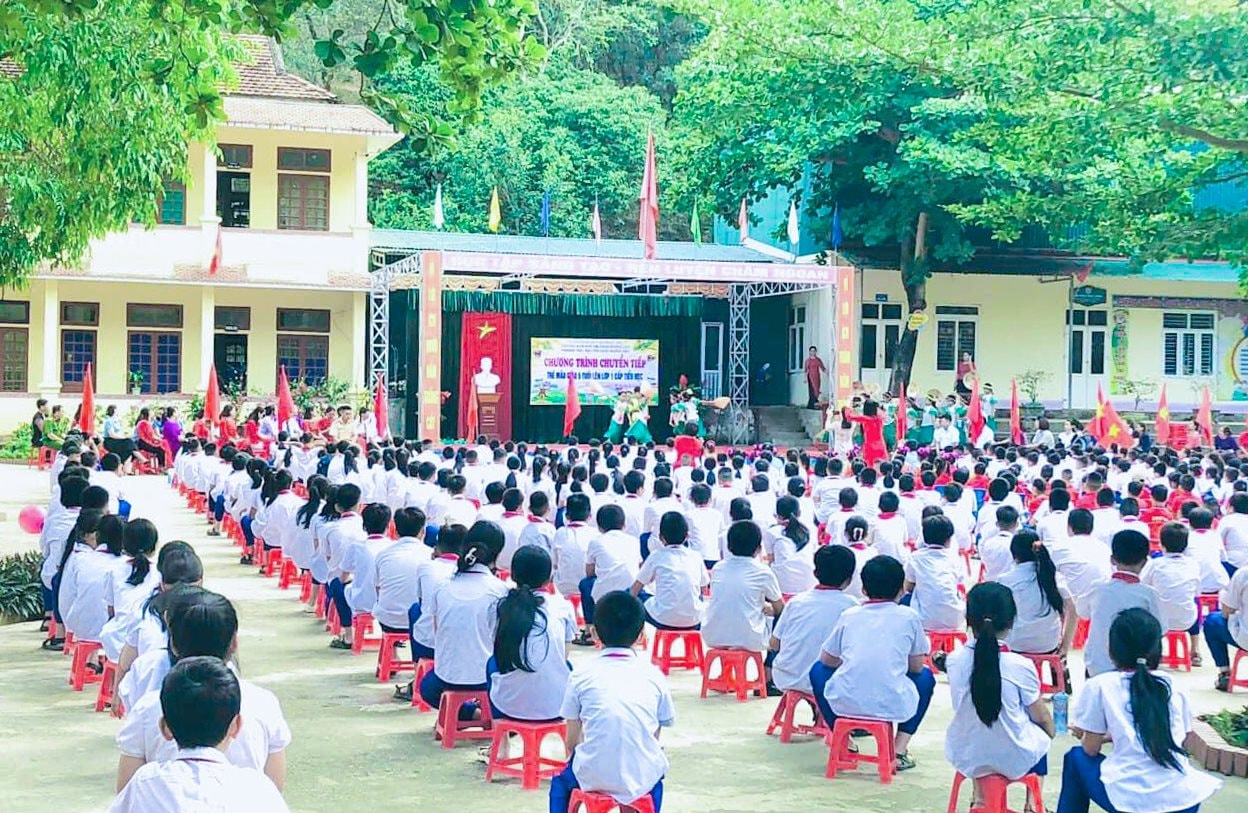
Explaining the reasons for some difficult targets to achieve, Ms. Vi Thi Quyen - Vice Chairman of the People's Committee of Ky Son district said: It is difficult to build a school that meets national standards in Ky Son district, the basic reason is that the infrastructure does not meet standards. On the other hand, the school in Ky Son district has many separate schools, so meeting all teaching and learning conditions is also a difficult problem.
Another difficult problem is that the human resources to implement the 2018 General Education Program cannot meet the requirements of teaching IT and English to primary school students. Although in recent years the district has organized recruitment, there were 12 quotas in one year, but only 2 applications were submitted.
Or in implementing the criteria for communes meeting national health standards, the plan is for 17-18 communes, but currently only 11 communes have met the criteria according to Decision No. 1300, dated March 9, 2023 of the Ministry of Health. In 2024, the district will develop a plan to recognize 1 new commune and re-evaluate 4 communes, but there are still difficulties due to inadequate facilities, medical equipment, and key criteria such as hygienic toilets, and the rate of malnourished children is still high.
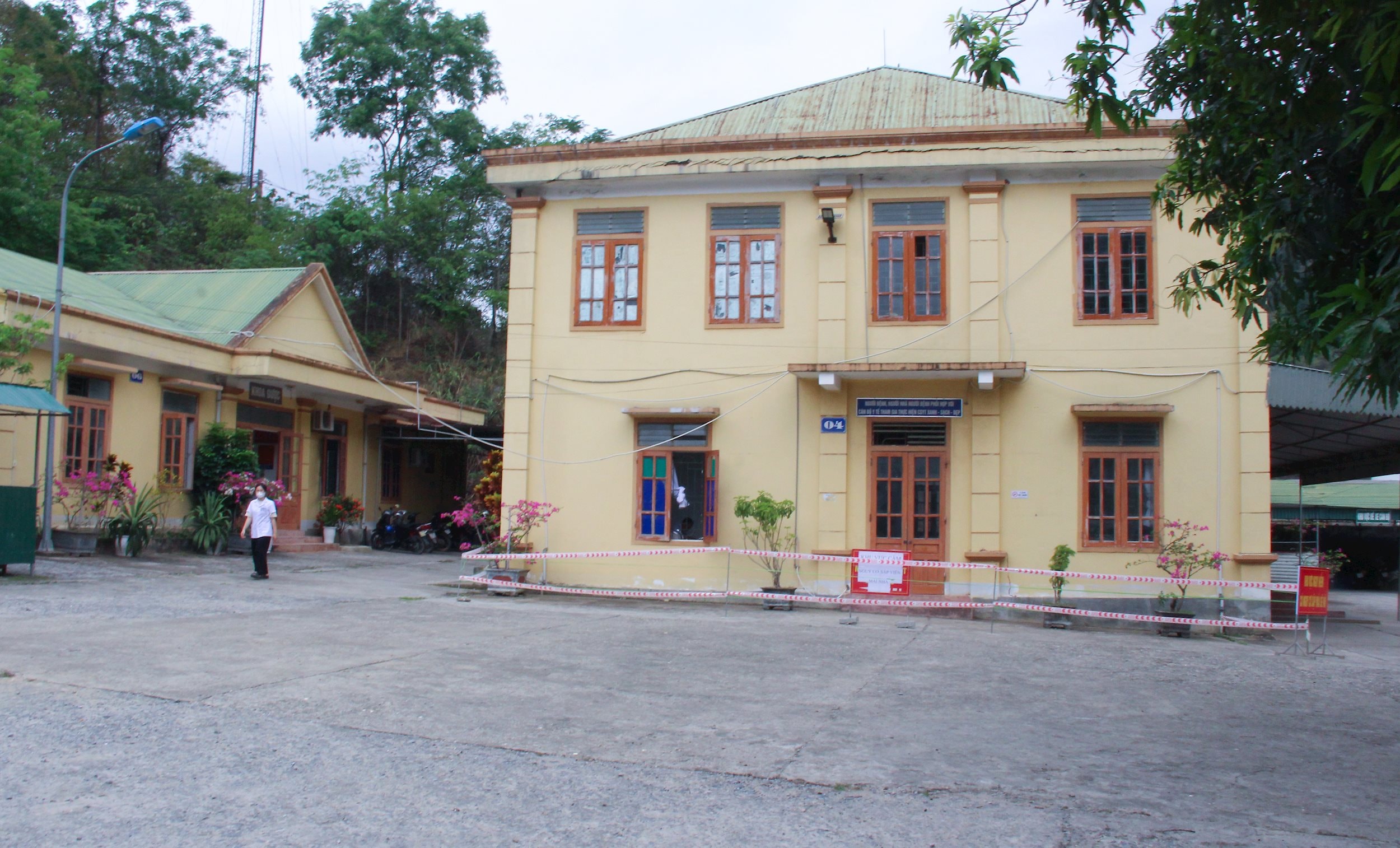
Similarly, the implementation of the target of communes and towns having cultural and sports facilities meeting national standards has not been achieved due to difficulties in terms of area. For example, according to regulations, the planning area of communal cultural and sports centers must ensure a minimum of 1,500 m2(not including the stadium); but due to the terrain of Ky Son district, there is little flat land, mainly steep hills, although some communes have leveled the ground to build but cannot use it due to subsidence, landslides... Even the people who operate and manage the institutions do not have specialized human resources but are part-time cultural civil servants...
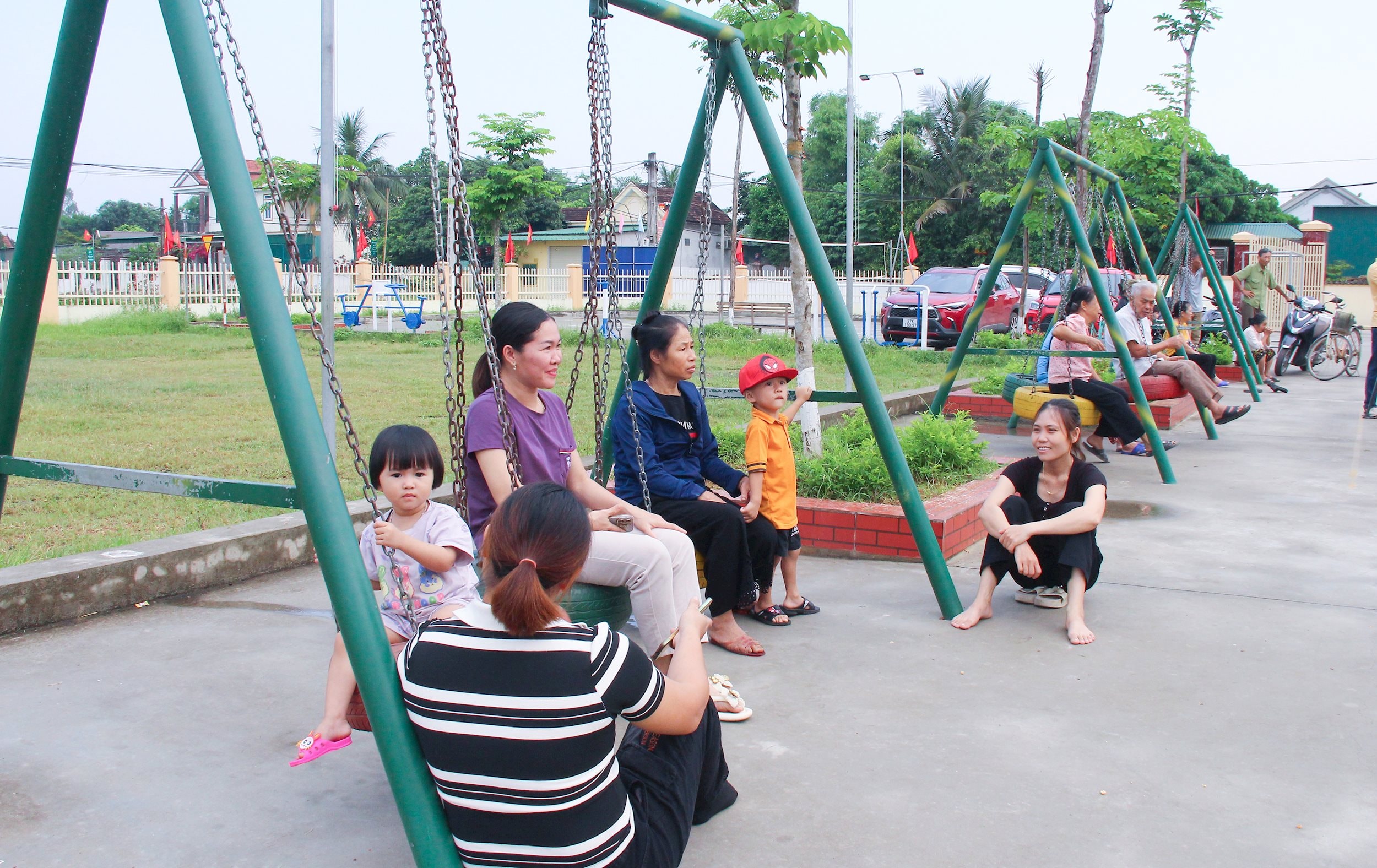
Along with Ky Son district, some districts such as Tuong Duong, Quy Hop, Hung Nguyen, and Cua Lo town are also forecasted to have difficulty achieving the rate of communes, wards, and towns with cultural and sports facilities meeting national standards. The progress of building schools meeting national standards is slower than planned in some districts such as Quy Hop and Yen Thanh.
Some indicators of the ratio of doctors/10,000 people are low, not attracting many doctors to localities such as Nghia Dan, Tuong Duong, Dien Chau, Quy Hop...; the target of hospital beds/10,000 people has not reached the plan in some districts of Dien Chau, Quy Hop...
In addition to some targets forecast to be difficult to achieve by 2025, through monitoring the implementation of socio-economic goals and targets in Resolution No. 18, dated December 13, 2020 of the Provincial People's Council on the 5-year socio-economic development plan (2021 - 2025) of Nghe An province; the Provincial People's Council also noted many limitations and shortcomings related to vocational training and job creation that have not met the needs of workers. Human resources in the health sector, especially at the grassroots level and in difficult areas, are both lacking in the number of doctors and lacking in good specialists. The poverty rate in some localities is higher than the average of the whole province and poverty reduction is not sustainable...
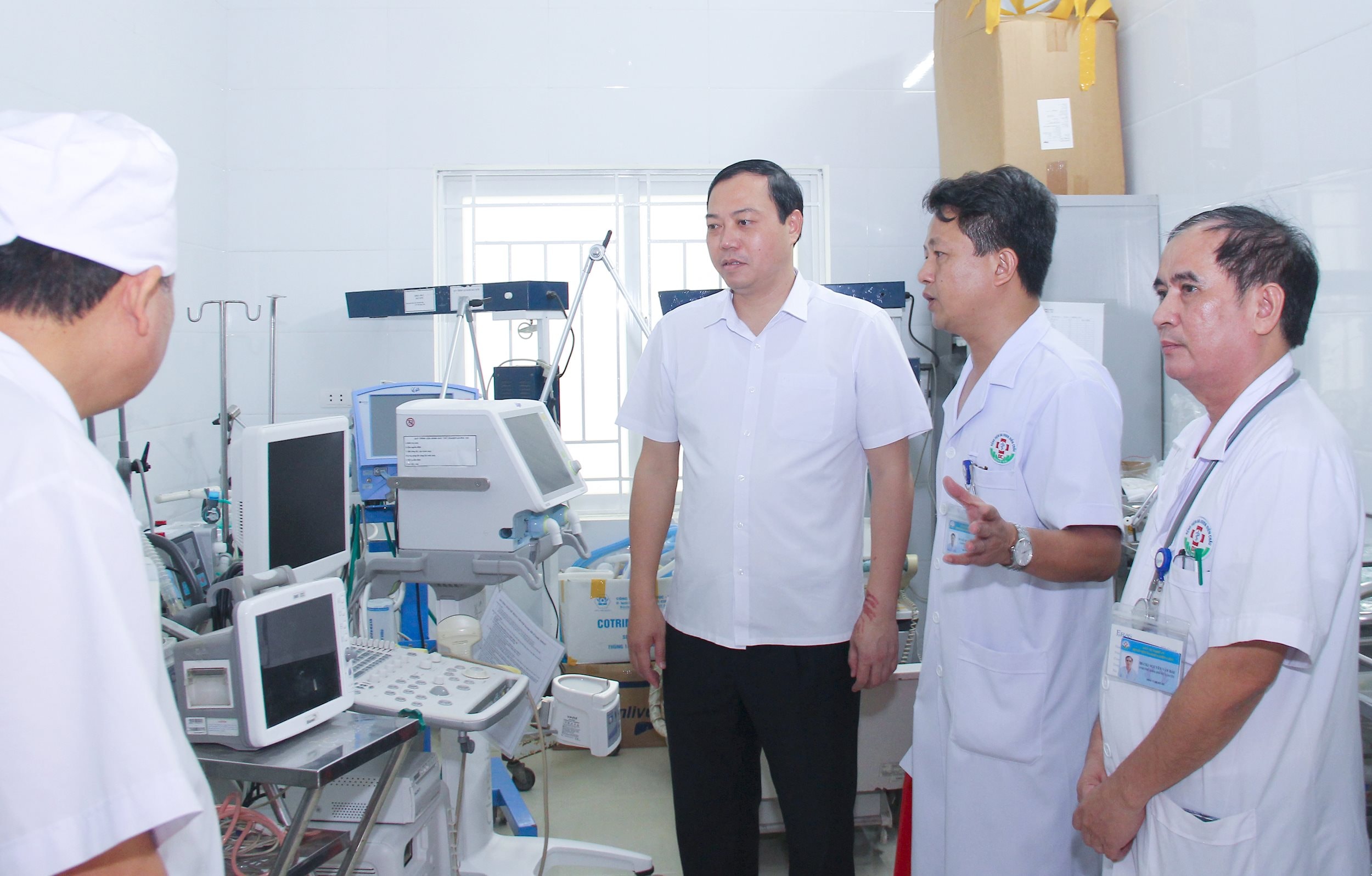
Reflecting on the limitations and difficulties in the cultural and social fields, Mr. Chu Duc Thai - Head of the Culture and Social Affairs Committee, Provincial People's Council said: Besides the lack of cultural and sports facilities, community living spaces, and entertainment venues for people; there is still a waste situation in some localities when stadiums are invested in large construction, but are only used a few times a year on holidays and Tet. Some policies related to support for the construction of swimming pools, restoration and promotion of relic values issued by the Provincial People's Council are being implemented slowly.
The Head of the Culture - Social Committee, Provincial People's Council also raised the issue of the difference in the ratio of doctors/10,000 people between Vinh city area of 60 doctors/10,000 people, while there are districts with only 4-5 doctors/10,000 people, which is widening the gap in health care between the central area and the disadvantaged areas; requiring solutions to promote the increase of doctors at the grassroots level.
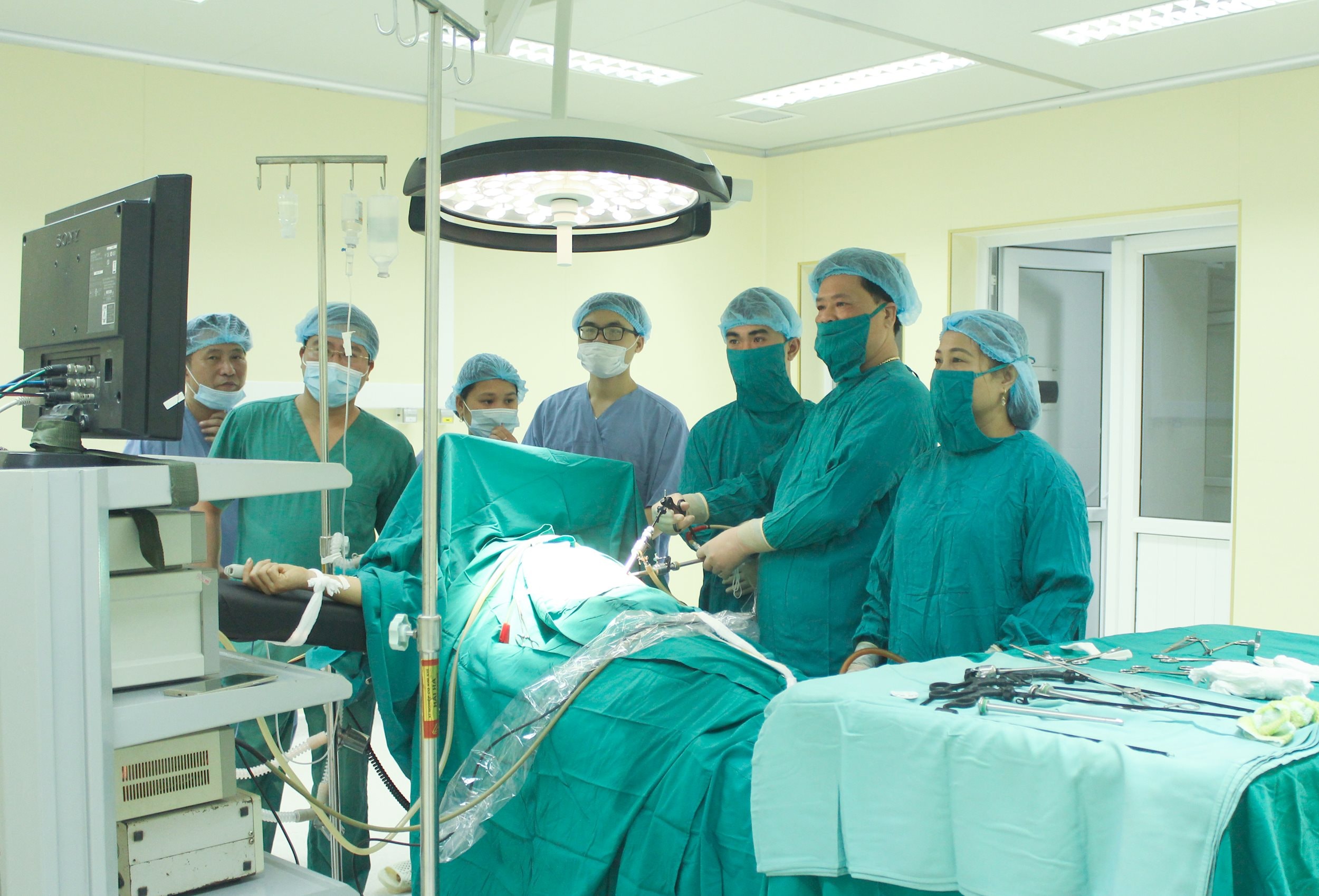
Need fundamental, sustainable solutions
Difficulties in implementing some socio-cultural indicators not only affect the overall development of society but also impact the quality of life of people, and need to be studied and resolved to ensure long-term and sustainable development.
Regarding the issue of lack of quantity and high-quality medical staff, Director of the Department of Health, Ms. Nguyen Thi Hong Hoa said: Through review, the grassroots medical sector in the whole province still lacks about 1,300 medical staff according to Circular No. 03 of the Ministry of Health. This is a difficulty and challenge for the health sector, because currently, the recruitment policies and regimes to meet the living and working needs of doctors at the grassroots level have not really created "attraction".
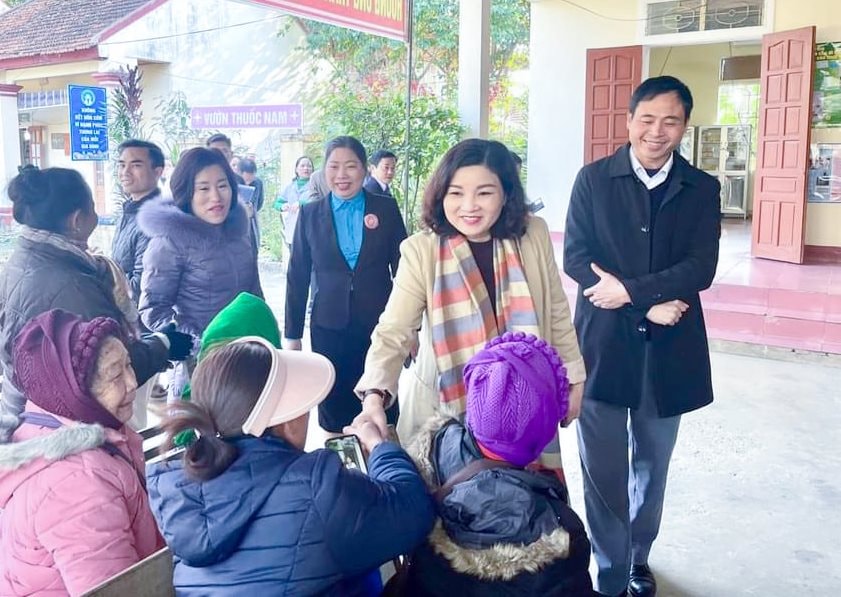
Another difficulty, according to Director of the Department of Health Nguyen Thi Hong Hoa, is that recruiting nurses for medical facilities is also difficult and when nurses cannot be recruited, doctors cannot be recruited because Circular No. 03 of the Ministry of Health clearly stipulates the ratio of nurses and doctors. In the condition of lacking medical human resources, sending staff for specialized training at a high level cannot be done because there are no workers. And when human resources are not guaranteed, the number of hospital beds in medical facilities must also be calculated to ensure balance to meet the requirements of examination, treatment and good service to the people.
From the practical shortcomings, Director of the Department of Health Nguyen Thi Hong Hoa said that the health sector is currently developing a project to develop grassroots health human resources and a team with specialized qualifications; at the same time, recommending that competent authorities not apply the 10% reduction in staffing for grassroots health facilities.
The solution to the problem of human resource quality and sustainable employment must be at the national and provincial levels related to the development of socio-economic infrastructure, income improvement, welfare services: housing, kindergartens, public transport, etc.
Comrade Doan Hong Vu - Director of the Department of Labor, War Invalids and Social Affairs
Along with human resources in the health sector, a social issue of concern today is the quality of human resources, the rate of high-quality trained workers, and the creation of sustainable jobs for the people.
Director of the Department of Labor, War Invalids and Social Affairs, comrade Doan Hong Vu said: The number of vocational training facilities in the province is quite large with 53 facilities; but in terms of training human resources to meet the requirements, there are difficulties in terms of facilities, equipment and human resources are still lacking and weak.
On the other hand, although a number of FDI enterprises investing in the province need to recruit a large number of workers, they mainly recruit unskilled workers because their skilled workers do not meet their production lines; current training does not meet the needs of enterprises. Another factor is that Nghe An's labor market is not attractive when the income level is low, welfare conditions such as housing and kindergarten are not available, and even the prices of boarding houses, electricity, water, etc. are high. This is the reason why the number of Nghe An people going to work in other provinces still accounts for a fairly high proportion, about 1/3 of the total number of workers who are newly employed every year (the number staying to work in the province is about 1/3 and the number of exported workers also accounts for 1/3) and the attraction of workers from localities outside the province is only about 300 workers/year.
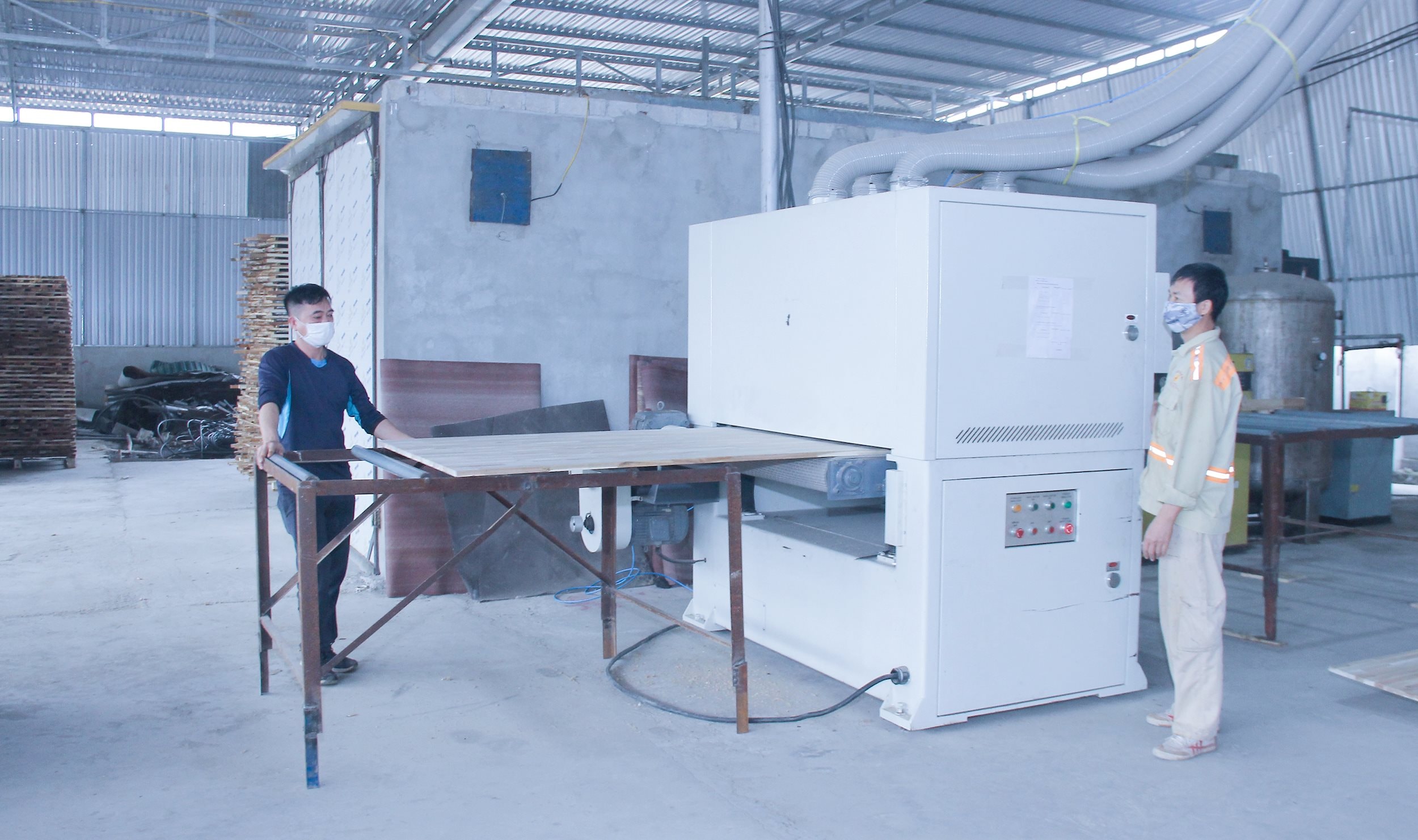
The problem for this story, according to the Director of the Department of Labor, War Invalids and Social Affairs of Nghe An, is the need for a national and provincial-level solution related to the development of socio-economic infrastructure, increasing income, improving the quality of welfare services including housing, kindergartens, public transport, etc.; to ensure sustainable employment in the locality, overcoming the current local labor shortage in some enterprises that need a large number of workers but cannot recruit them.
Departments and branches need to proactively research and advise on cutting scattered and ineffective policies to focus on building a number of policies strong enough for immediate and long-term development.
Comrade Nguyen Nhu Khoi - Member of the Provincial Party Committee, Vice Chairman of the Provincial People's Council.
From the issues raised in practice, comrade Nguyen Nhu Khoi - Member of the Provincial Party Executive Committee, Vice Chairman of the Provincial People's Council suggested that departments and branches proactively study and review together with the Provincial People's Committee to advise the Provincial People's Council to issue feasible policies with more "weight" to implement sustainable cultural and social targets, especially training policies, attracting human resources for grassroots health care; vocational training, improving the quality of human resources and job creation...

